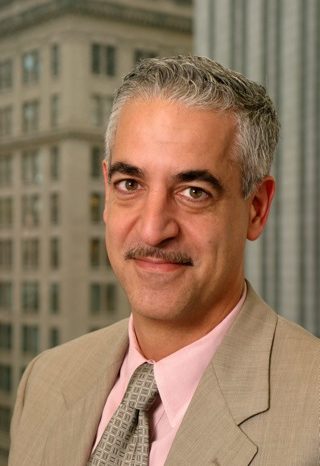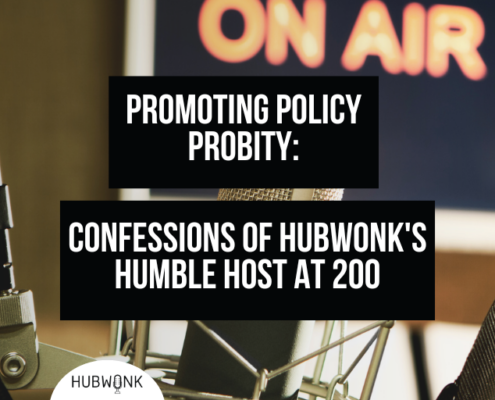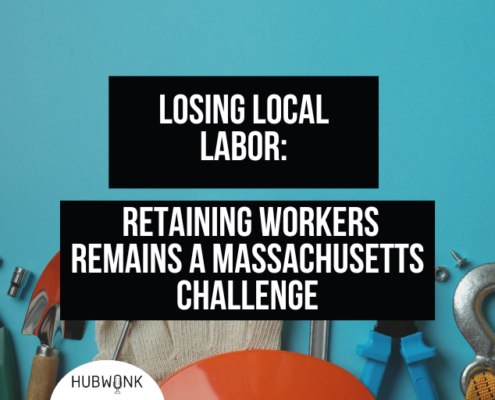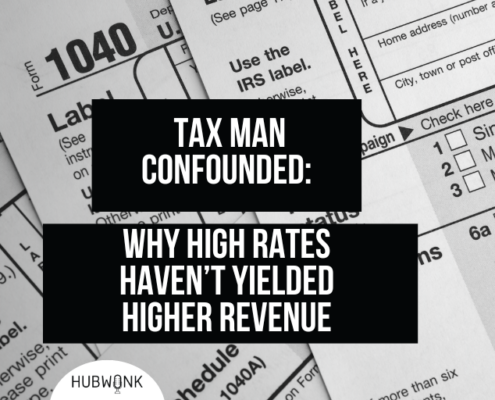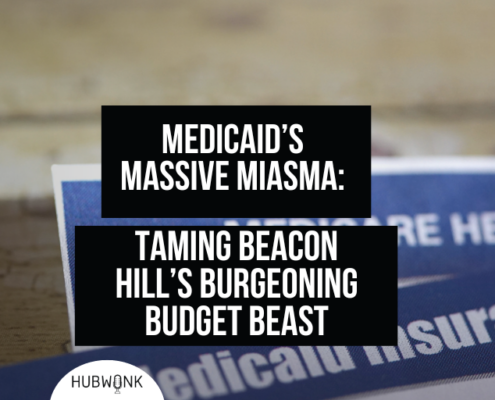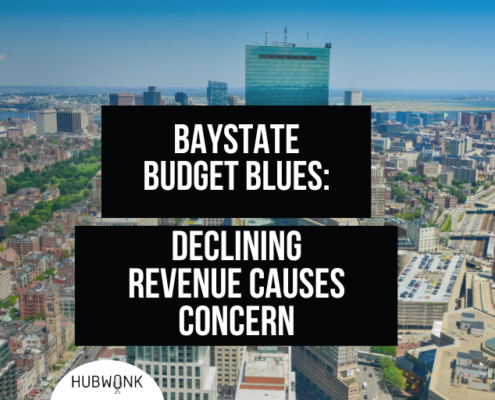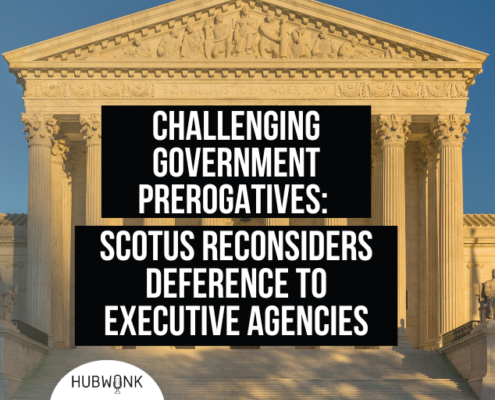Thank Think Tanks: Finding Trustworthy Information in a Partisan Era
Join Host Joe Selvaggi and Pioneer Institute’s executive director Jim Stergios as they discuss think tanks, their role in policy formation, and how they preserve trust and their integrity through independent, mission-guided research.
Guest:
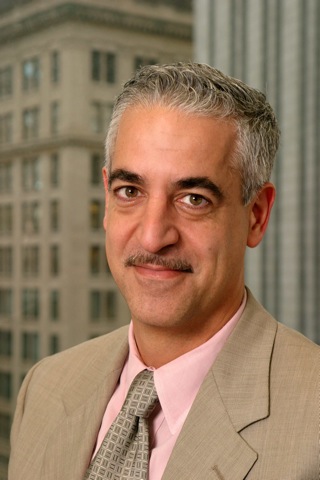 Jim Stergios is Executive Director of Pioneer Institute, a Boston-based think tank founded in 1988. Prior to joining Pioneer, Jim was Chief of Staff and Undersecretary for Policy in the Commonwealth’s Executive Office of Environmental Affairs, where he drove efforts on water policy, regulatory and permit reform, and urban revitalization. His prior experience includes founding and managing a business, teaching at the university level, and serving as headmaster at a preparatory school. Jim serves on the Board of Advisors at Boston University, where he earned a doctoral degree in Political Science. Jim has been interviewed on numerous news outlets and appears regularly on local television and radio broadcasts, including WBZ, WHDH, WCVB, NECN, Boston 25, WGBH, WBUR, Nightside with Dan Rea, and WRKO. Jim’s opinion pieces have appeared in The Wall Street Journal, The Hill, The Boston Globe, and regional newspapers throughout New England.
Jim Stergios is Executive Director of Pioneer Institute, a Boston-based think tank founded in 1988. Prior to joining Pioneer, Jim was Chief of Staff and Undersecretary for Policy in the Commonwealth’s Executive Office of Environmental Affairs, where he drove efforts on water policy, regulatory and permit reform, and urban revitalization. His prior experience includes founding and managing a business, teaching at the university level, and serving as headmaster at a preparatory school. Jim serves on the Board of Advisors at Boston University, where he earned a doctoral degree in Political Science. Jim has been interviewed on numerous news outlets and appears regularly on local television and radio broadcasts, including WBZ, WHDH, WCVB, NECN, Boston 25, WGBH, WBUR, Nightside with Dan Rea, and WRKO. Jim’s opinion pieces have appeared in The Wall Street Journal, The Hill, The Boston Globe, and regional newspapers throughout New England.
Note: Today is Giving Tuesday, when people all around the world are making gifts to their favorite non-profits – including Pioneer! Programs such as “Hubwonk” are made possible thanks to the generosity of supporters like you. And you can double your impact when you give to Pioneer through Facebook.
Get new episodes of Hubwonk in your inbox!
Related Posts

